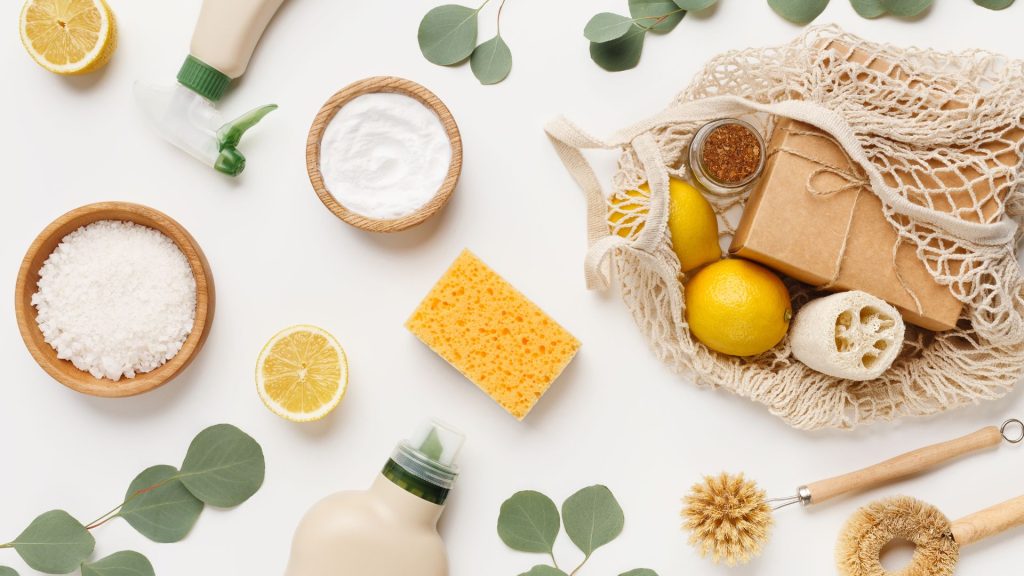Tampons and pads generate significant waste because they’re made from non-compostable materials that contain plastic, which pollute oceans and beaches when left in landfills. Luckily, eco-friendly period product alternatives may cost more initially but will ultimately save money by cutting plastic waste production.
Organic cotton-only pads and tampons
Organic pads and tampons are increasingly easy to find in many stores, offering more of a choice than their traditionally manufactured counterparts. Organic alternatives don’t use multiple materials when being produced – instead consisting solely of cotton. Furthermore, production uses less water and energy while biodegradability returns these organic items back into nature without leaching harmful chemicals into soil or ocean environments.
Traditional tampons are typically composed of cotton (which may have been treated with pesticides or insecticides) and rayon, a semi-synthetic fibre known for its absorbency. Some tampons also include fragrances or plastic components like phthalates and bisphenol A or BPA that have an adverse impact on hormones and cause vaginal irritation.
Organic tampons are constructed entirely from 100 per cent organically grown cotton and do not contain fragrances, making them less likely to trigger TSS (toxic shock syndrome), where bacteria in the uterus cause vaginal irritation, itching or life-threatening toxic shock syndrome symptoms.
Reusable pads
Reusable cloth pads provide an alternative to disposable pads which contain harsh chemicals; these soft, natural material pads feel wonderful against your skin without leaving sticky adhesive behind. Plus, their absorbency range ensures they’re suitable for light or heavy periods.
Millions of girls and women living in developing nations cannot afford proper sanitary products; many resort to using old cloth or pieces of mattress as makeshift alternatives which is both undignified and potentially hazardous to their health.
ActionAid works with local partners in Malawi to teach girls how to make fabric pads so they can remain in school and build bright futures for themselves. Reusable pads offer greater comfort by helping avoid the chafing that causes period-related itching and irritation; additionally they’re quiet and easy to change – an invaluable feature when using public toilets for changing. They can even be washed along with clothing – just be mindful not to use bleach or fabric softeners which could compromise absorbency!
Menstrual cups
Menstrual cups are reusable period products made from medical-grade silicone or latex that collect menstrual blood instead of absorbing it like tampons do. They can be worn up to 12 hours without leakage and are easy to insert; not to mention they don’t emit the same smell due to creating an airtight seal; mess-free for sexual relations, cheaper, and less wasteful than pads and tampons!
Most women must go through an initial learning curve to master menstrual cup insertion and removal, though most find it easier with practice. A few find that applying some water-based lube to the rim helps make inserting it simpler.
Menstrual cups should fit securely, and be properly sterilized between periods. You can do this by submerging it in boiling water or using a sterilizing solution; additionally, be sure to store it using an airtight or non-breathable container as this could promote bacteria growth and mold development.
Period underwear
If menstrual cups or pads don’t quite do it for you, period underwear may be an alternative solution. Reusable underwear such as thongs, briefs and bikinis designed to absorb menstrual blood and block odors may also help. They can be worn alone or as undergarment to prevent leaks while helping with comfort; plus it reduces toxic shock syndrome risk without needing an applicator or plastic tampon wrapper!
Reusable underwear requires only an upfront investment, yet can last for years, replacing hundreds of disposable pads or tampons. Machine-washable, these reusable garments may either need to be dried in the dryer or air dried depending on the fabric chosen.
Switching from single-use disposable products to eco-friendly feminine care alternatives can have a substantial effect on plastic waste in landfills and the oceans, while providing girls and women with greater choice, reduced costs, and more comfortable alternatives to tampons and pads.


